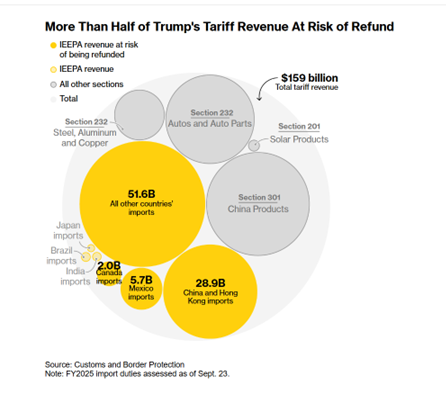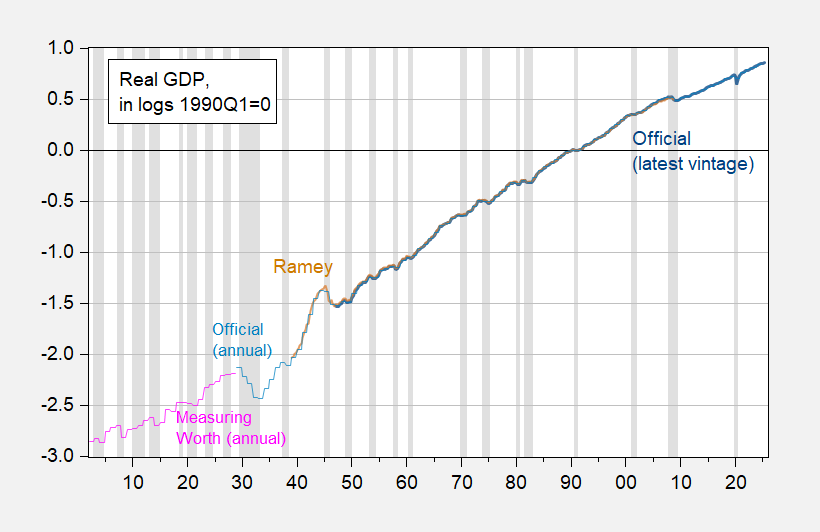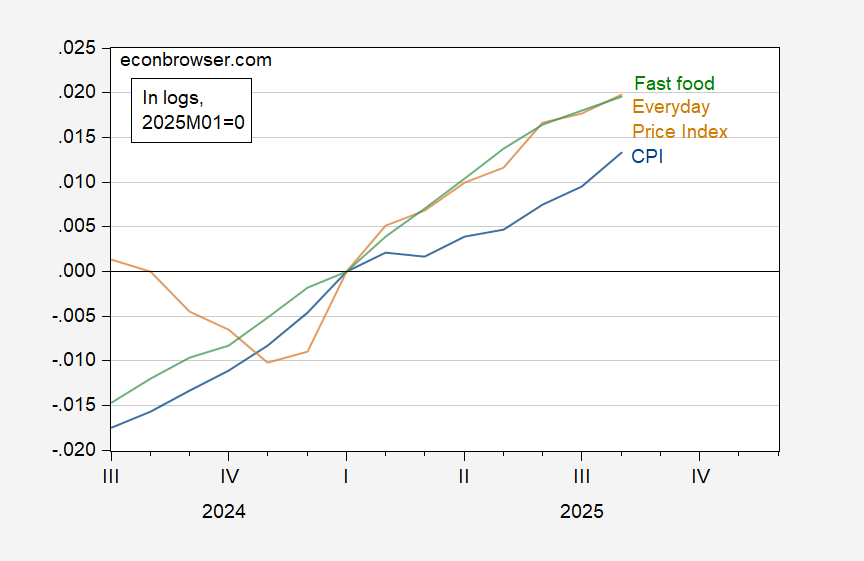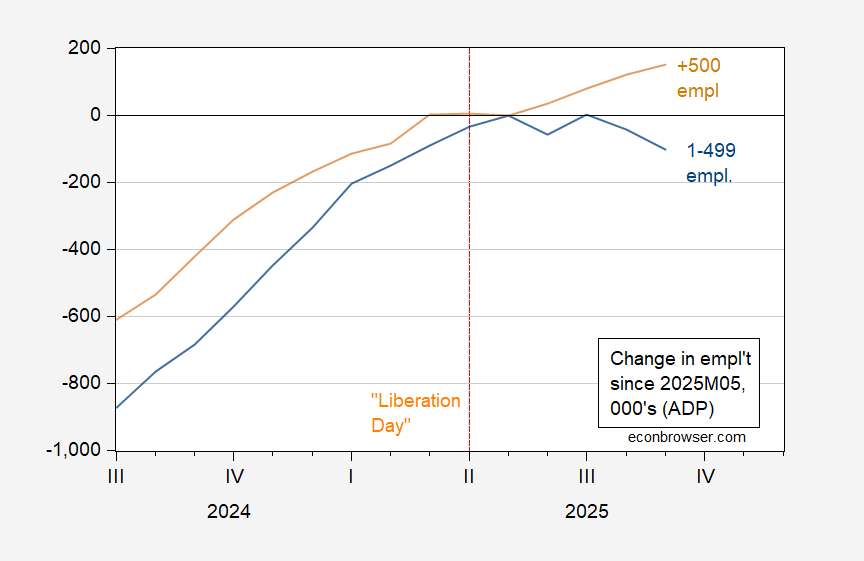
The potential striking down of the International Emergency Economic Powers Act (IEEPA) tariffs by the Supreme Court is not merely a legal quandary; it is a matter that could have profound ramifications for American workers and the economy at large. With billions of dollars at stake, the implications of such a ruling extend far beyond the realm of trade policy and into the very lives of everyday citizens, many of whom are already feeling the pinch of inflation and economic disparity.
The reality is that the current trade landscape is steeped in uncertainty, and the possibility of a Supreme Court ruling against these tariffs could do little to alleviate that for importers, particularly as long as figures like Donald Trump loom large in the political arena. Even if the IEEPA tariffs were to be scrapped, the specter of alternative tariffs, such as those under Section 232, could maintain the status quo of uncertainty. This highlights a critical point: systemic issues within our trade policies are not merely about tariffs but rather about the overarching economic strategy that prioritizes the interests of a few over the many.
Consider the mechanics of a possible refund process should the Supreme Court strike down these tariffs. Could Customs and Border Protection (CBP) efficiently manage the logistics of refunding millions of dollars? The reliance on outdated and cumbersome methods, like issuing paper checks, underscores the inefficiencies and inequities embedded within our governmental systems. We must ask ourselves: why are we still using such archaic methods in an age where digital transactions are the norm? This inefficiency is emblematic of a broader issue—government processes often lag behind the needs of the people they serve, disproportionately affecting those who can least afford the delays.
Moreover, the economic stakes involved are not just numbers on a balance sheet; they represent livelihoods. The potential chaos in refunding tariffs could leave countless small businesses in dire situations, caught in a web of bureaucratic red tape while larger corporations often find ways to weather such storms. This disparity reflects the systemic inequities that persist in our economy, where smaller entities and marginalized communities are disproportionately affected by the actions of a few.
The looming question remains: are we prepared for the potential fallout of a Supreme Court decision that could reshape our trade landscape? The answer is complex and unsettling. The ruling could unleash a torrent of uncertainty that drives prices up further, exacerbating the struggles of working-class families already navigating an economy fraught with challenges.
It is vital for us to hold those in power accountable and demand a more equitable trade system that prioritizes fairness and justice over profit margins and corporate interests. We must advocate for policies that not only address the immediate concerns of tariffs and trade but also tackle the systemic inequalities that underpin these issues. The voices of everyday Americans must be amplified in this conversation, ensuring that our economic policies serve to uplift rather than marginalize.
In conclusion, the potential striking down of IEEPA tariffs by the Supreme Court is not an isolated event but a crucial moment that could expose the deep-rooted inequities in our economic system. As we move forward, we must remain vigilant, demanding transparency and accountability from our leaders, and strive for a trade policy that genuinely reflects the needs of all Americans, not just the powerful few. The fight for equity in our economy is far from over, and this moment could be a turning point if we choose to seize it.
This article highlights the importance of Tariff Turbulence Ahead.


